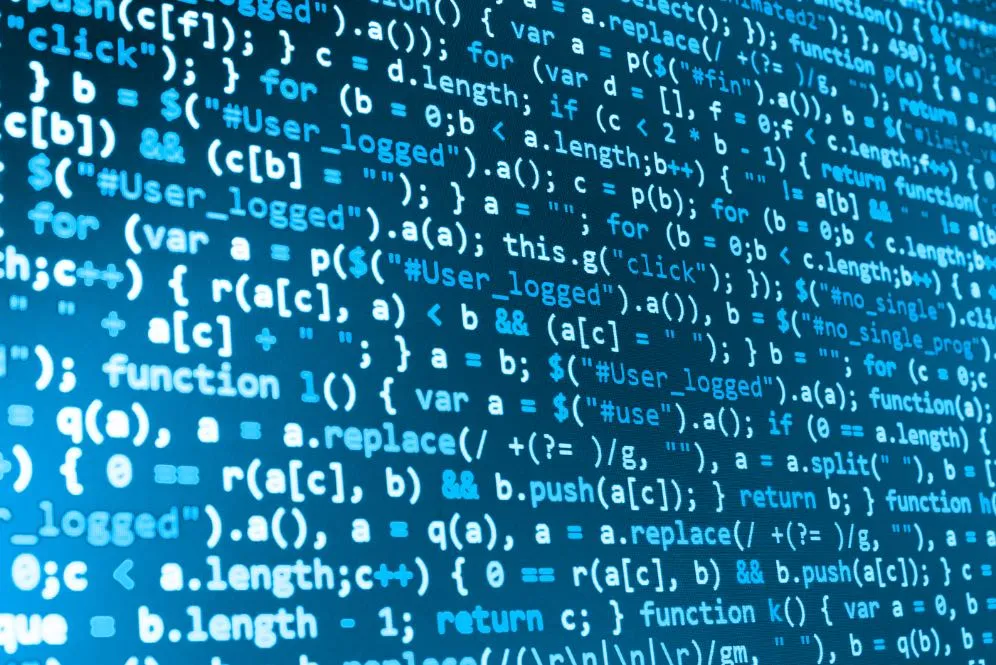Do you think of learning programming language to be used in video game design or development of an application for Android or iPhone? So you want to learn "programming". The programming languages are endless and every day in the new to cover all the uses, but what distinguishes it right that once you learn to write programs one, learning the rest will be as easy as possible.
As a beginner, you prefer to start with Java or HTML. Once you have a programming language, you will be able to create many new programs and launch your imagination and creativity to launch.
Steps in the programming language
Define your goal:
Learning a programming language involves both fun and challenge. Even university graduates who have studied programming languages for years are puzzled when standing or choosing their specialty.
So set your priorities, what do you want to do? For example, do you want to become a programmer, game developer or Android expert?
Choose a programming language:
Always start with one of the basic languages. Choose, for example, an intermediate level of C language followed by C ++. It is said in programmatic communities that learning these two languages is necessary for any efficient programmer.
Starting to learn languages like Java is confusing for beginners, starting with Python is also very popular.
So, you should study a programming language for at least a year and learn the most common translation formats (object-oriented) and procedural.
You also need to read a lot about (IDE) or (compiler) and how to use and use it while writing to moderate programs.
You can later move on to a more advanced language such as Java. Throughout your learning period, try writing as many codes as possible and recommend buying books on the following topics:
- Data structure
- Binary tree
- software development
love mathematics:
For many reasons many maths are hated and try to avoid them, but if you want to be a good programmer you have to practice to solve many mathematical issues daily even though one day.
The subject seems easy but it is not. It is not as important to know how much knowledge you have about a programming language as it is to understand how it relates to the rules of mathematics. Many issues are related to sequences such as Fibonacci, Floyd Triangle, Fourier sequence, and there are many mathematical equations that you learn will save you a lot of time.
So start learning new mathematical equations and learn calculus and finite mathematics. Without mathematics, you will not understand coding.
stimulate yourself:
Remember that the world was created in six days! Do not press yourself to learn everything in a hurry, especially learning programming is not easy.
So try to use the principles of logical thinking to solve problems and do not try to save or you will miss the fun.
Take your time:
Even professional programmers may fail to solve certain issues at times. So you have to relax when you try to solve a particular problem and taking some side notes, studying data creation and math will help you a lot.
It takes a lot of hours to practice problem solving to acquire the skill of solving various problems, and after a while you can call yourself an expert with confidence.
There are many sites that train you on these issues and give you tasks and explanations as a Code Academy or Project Euler to develop your skills.
Do not back down:
Programming becomes very annoying and frustrating if you do not take it seriously but once you solve the problem you will find that all frustration will go away. Practice calculus (Fourier, Victor, boundary values, linear algebra, matrices).
When working on a complex problem, take periodic breaks to let your brain relax and bring the problem to your subconscious mind. You should also set a good schedule for work. When you feel bored, take a nap or go for a walk but do not back down
Turning to Teacher:
Try to teach others and show the applications you have developed on others. If you know who is better than you, try sharing your thoughts and experiences to enrich your knowledge.
Try to develop your own applications by mimicking popular professional applications such as Windows applications and text editing applications.
Participate in competitions to push yourself to the limit. Knowing one language is good, but becoming an expert in more than one language makes you a much better programmer, of course.
Be a reader of hatred:
Most proficient programmers are also good readers, so you should read a lot and read and review your work on an ongoing basis.
Invest your money in useful books. You should buy the best sources, references and research on a continuous basis between more than one reference and not relying on only one reference.
Invest your funds in training centers:
If you are not satisfied that you are self-taught, you can enroll yourself in one of the courses for beginners, but before you register, see who attended these courses and how they benefited from them.
Training a lot:
Solve hundreds of programming issues and even invent your own problems.
